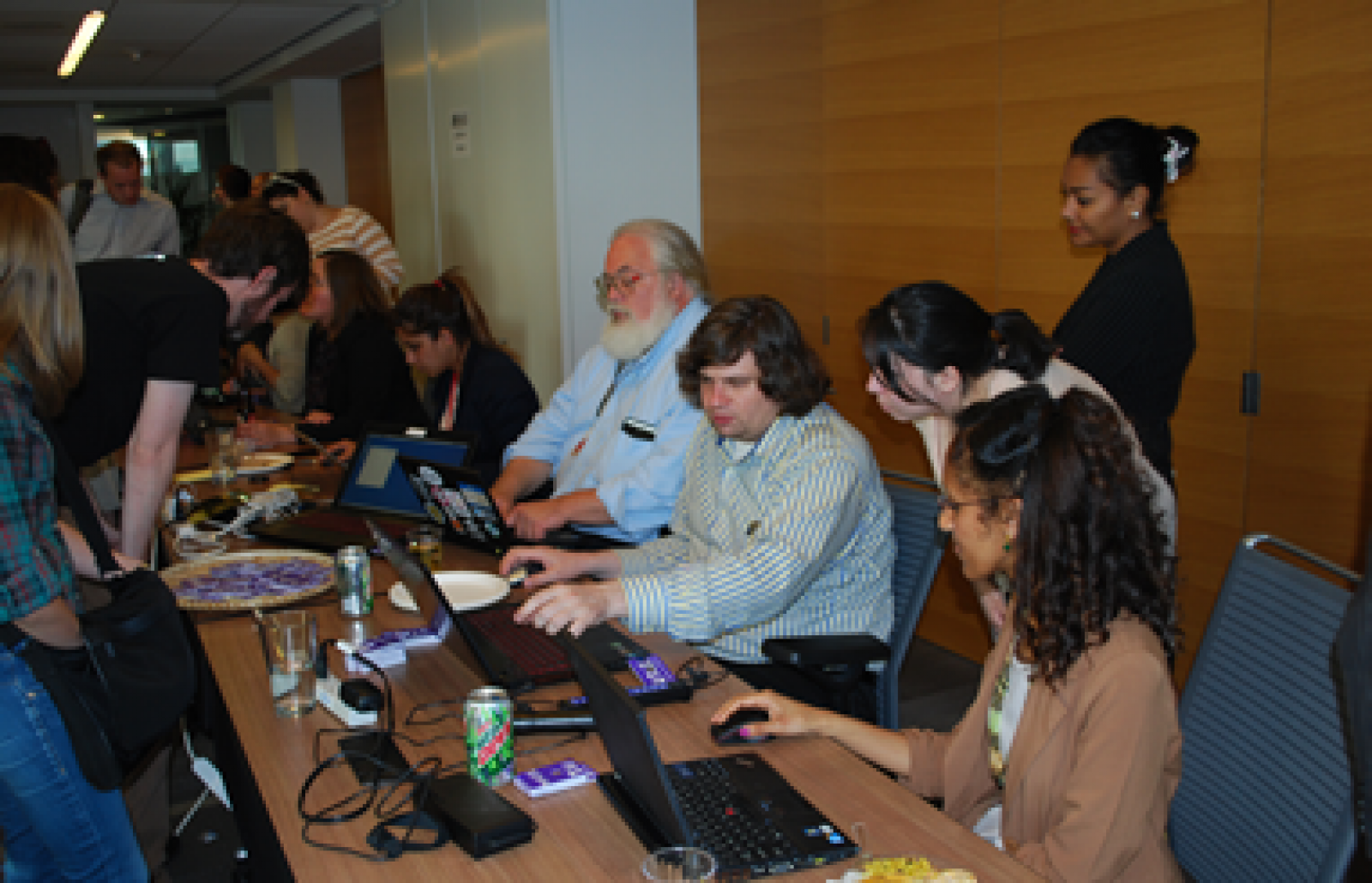
SHARE
ISSUES
The Internet has transformed the way people communicate — making it simpler to share more information more often and more widely. But that ease can also introduce privacy and security risks for political activists.
Civil society advocates — from human rights defenders in Syria to political party activists in Belarus — face increasing challenges in communicating safely on the Internet. Their online activities could be tracked, digital communications disabled, or data collection and distribution efforts disrupted. In addition, there are risks that their devices can be seized, documents stolen and databases compromised.
That’s where Tails — “The Amnesic Incognito Live System” — comes in. Tails is a complete operating system stored on a DVD or USB drive that allows users to be anonymous on the Internet, circumvent censorship, and defend against hackers. Tails leaves no trace on computers where it operates and, with state-of-the-art encryption, can keep files, emails and instant messages private.
To celebrate the first major release of Tails 1.0, NDI held a panel discussion June 6 looking at how technologies like Tails can help secure the communications of activists under threat of censorship and surveillance. Moderated by Lindsay Beck of NDI, the panel featured Karen Reilly, development director at the Tor Project, a nonprofit organization that focuses on research and development of online privacy tools, and Runa Sandvik, technical adviser to the Freedom of the Press Foundation and a Forbes contributor.
In opening remarks at the event, Chris Spence, NDI’s chief technology officer, noted that failure to ensure digital security can result in ongoing harassment, intimidation or arrest of political activists.
By routing Internet traffic through Tor Network servers, Tails helps anonymize online activity by sending it through multiple stops on the way to its ultimate destination, which hides the identity of the user and the content, whether it is encrypted messages, chats or emails.
Tails is based on Linux, a free open-source operating system that prevents most viruses and protects against outside intruders. It ultimately provides “a safe space for somebody’s work,” noted Reilly, whether for journalists facing censorship, civil activists facing persecution or oppressed citizens hungry for democracy.
At the NDI event, guests got the chance to visit computer stations where they could practice using the program. Trainers from NDI, IREXtech and the Tor Project taught participants how to boot Tails and how to activate Windows “camouflage” in order to make it look like they were using a standard computer. Free copies of the system were passed out at the conclusion of the event.
Also highlighted at the panel was NDI’s own experience with the system. NDI staff and partners have faced challenges with communication, information sharing, and censorship. Now, NDI staff and partners can conduct their work safely on almost any computer. If the machine itself is seized or stolen, their data is not lost since it is concealed on a discreet USB drive that is taken out of the device after the user is finished. NDI has partnered with Tails software developers to identify and build new features to encourage the broader use of Tails among activists and organizations.
Try it by downloading here: tails.boum.org
Published June 26, 2014


